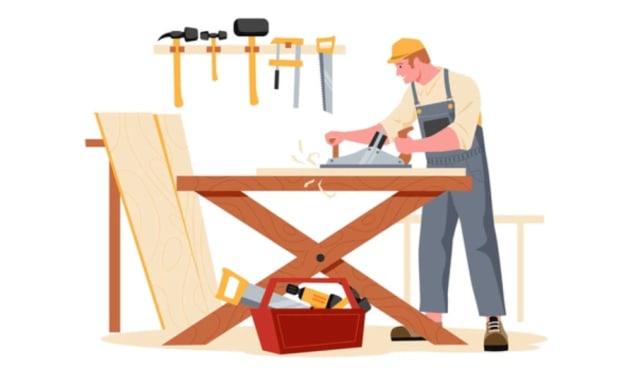Facts every parent must know about montessori schools
Facts about montessori schools

As far as educational philosophies go, the Montessori method is one of the most well-known all around the world—and for good reason: it encourages the holistic development of a child. Or rather, it advocates the use of a holistic approach to learning. If you’re wondering what school makes for a good choice, this might be a good time to consider one that incorporates the Montessori method in their teaching style. Here are some facts you’ll want to know about these schools.
Turns Ideas from Concrete to Abstract
The Montessori environment is all about providing materials and subject matters that touch on the concrete to the abstract. The kids aren’t just trained to memorize facts. Instead, they have countless opportunities to interact with ideas and concepts. For instance, by having a visual representation of ones, tens, and hundreds, the kids start to understand place value. That helps them get started on how to quantify numbers in math. They also develop their sense through tactile experiences.
Facilitates Love for Learning
A good Montessori school in Noida provides a learning environment that encourages a love for learning. Instead of traditional classroom settings that put teachers at the center of the discussions and activities, the Montessori shifts the dynamic around and instead, makes kids the center of the discussions and activities. They encourage inquisitiveness in kids and allow them to think of new ways to get things done. They let the kids discover how to do things or come up with solutions.
Educates the Whole Child
One of the best things about a Montessori education is that it doesn’t merely focus on academic learning. The teachers are trained to equip the kids for everyday life. They are taught how to interact with others which also help them develop empathy. They learn to care for themselves and their environment. They also learn how to put themselves in other people’s shoes. Through the school, they learn to be an active participant in their learning process. The practical skills they gain through the lessons help them become contributing members in the classroom, their family, and their community. By addressing not just their academic needs but their growth and development as a whole person, they are able to become capable, competent, compassionate, and well-rounded kids.
Abstains from Rewards
Gold stars are a common way to elicit the cooperation of kids in most kindergarten schools. But there aren’t any of those stars in a Montessori-classroom. In fact, there aren’t any grades, too. What that teaches the kids, then, is that they don't get any rewards for learning. They’re not going to get a star or score high when they discover something new, or when they’ve acquired a new skill like improving on their penmanship. What happens is that they don’t associate learning with accomplishments and rewards. Those conditions mean that the kids grow up interested and well able to appreciate the learning process.
Focuses on Individual Care
Traditional schooling requires kids of the same age to study the same materials and learn at the same pace. But that belief doesn’t recognize the fact that kids learn at a different pace, so forcing them to master a material before they’re ready can backfire and negatively impact them emotionally for the long term. Some of the kids grow up thinking that they are academically slow. However, schools that use the Montessori method are well aware of the different learning styles. That’s one of the reasons why the teachers incorporate many teaching styles into their lessons to make sure that all the kids are covered. The variety of their teaching styles mean that they can appeal to the entire class, so no child is left behind. Visual aids will help the visual learners. Prerecorded lectures will help the auditory learners. Experiential and hands-on learning will help kinesthetic learners, and more.
Encourages Their Potential
Another benefit of Montessori teaching is that it encourages the potential of each child. That means those who do well enough in the classes don’t need to be bored because they must wait for the rest to catch up with them. Because the school is all about addressing the individual needs of the kids, then students who struggle to stay engaged will find their needs met as well. They’ll find the challenge they’re looking for since the materials are already prepared and they can go ahead to the next lesson in the sequence without any problems. The teacher only needs to be aware of what chapter they’re in and guide them to the next one accordingly.
These are just some of the reasons why Montessori teaching stands out in a good way. If you want your kids in an ideal learning environment, give schools with Montessori-based teaching a try. This might turn out to be the perfect fit for your kids.
About the Creator
Enjoyed the story? Support the Creator.
Subscribe for free to receive all their stories in your feed. You could also pledge your support or give them a one-off tip, letting them know you appreciate their work.





Comments
There are no comments for this story
Be the first to respond and start the conversation.